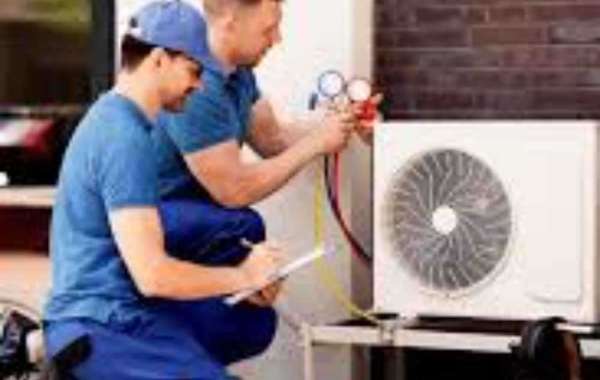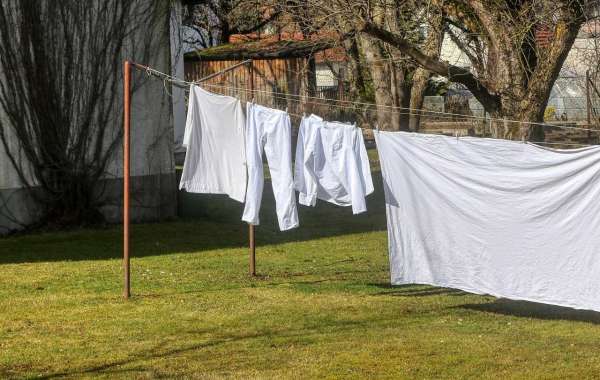Ensuring your HVAC system operates efficiently throughout the year is critical for maintaining comfort, reducing energy expenses, and extending the lifespan of your equipment. Neglecting routine upkeep can lead to inefficient operation, unexpected breakdowns, and costly repairs. To help you avoid these issues and keep your heating and cooling system in optimal condition, we’ve compiled the top 10 HVAC maintenance tips that every homeowner should follow to enhance reliability and energy efficiency.
1. Replace Air Filters Regularly
One of the most effective yet frequently overlooked HVAC maintenance tips is timely replacement of air filters. Over time, filters collect dust, allergens, and other particles that obstruct airflow, causing your HVAC system to work harder and consume more energy. Check your air filter monthly and replace it every 1 to 3 months depending on factors such as your indoor environment, presence of pets, and local air quality. Clean filters improve airflow, boost indoor air quality, and reduce energy consumption.
2. Maintain a Clean Outdoor Condenser Unit
Your HVAC’s outdoor condenser unit is vulnerable to dirt, leaves, and debris that accumulate and restrict airflow, impairing efficiency. Inspect the condenser every few months and carefully clean it using a garden hose. Avoid damaging the unit’s delicate fins and ensure there is at least a two-foot clearance around the unit to allow proper ventilation. Keeping the condenser clean helps your system run smoothly and efficiently.
3. Inspect and Seal Leaky Ductwork
Leaky ducts result in significant energy loss by allowing conditioned air to escape before reaching your living spaces. Regularly examine visible ductwork for cracks, holes, or disconnected sections. Minor leaks can be sealed with HVAC-approved duct tape or mastic sealant. For extensive duct damage or difficult-to-access areas, hiring a professional technician for a thorough inspection and repair is recommended to maximize energy savings.
4. Calibrate Your Thermostat and Consider Upgrades
An accurate thermostat is essential for maintaining efficient HVAC operation. If your thermostat provides incorrect readings, your system may run unnecessarily, increasing your energy bills. Regularly verify and recalibrate your thermostat to ensure precision. Upgrading to a programmable or smart thermostat allows for automated temperature scheduling and remote control, reducing energy waste while maintaining optimal comfort.
5. Schedule Professional Annual HVAC Tune-Ups
While routine maintenance by homeowners is important, professional service once a year is critical for system longevity. HVAC technicians perform comprehensive inspections, clean internal components, check refrigerant levels, and identify potential problems early. Regular professional tune-ups improve system efficiency, prevent costly repairs, and extend the life of your equipment.
6. Keep Air Vents and Registers Clear
Proper airflow is key to efficient HVAC performance. Avoid blocking air vents with furniture, drapes, or other objects. Ensure all vents and registers are open—including those in seldom-used rooms—to maintain balanced airflow. Unobstructed vents reduce the strain on your HVAC system and promote consistent temperatures throughout your home.
7. Clean and Maintain the Drain Line
The HVAC drain line is responsible for removing condensation generated during cooling cycles. Over time, this line can become clogged with algae, mold, or debris, potentially causing leaks or water damage. As part of your routine HVAC maintenance, pour a small amount of vinegar down the drain line every few months to prevent buildup and maintain proper drainage.
8. Protect Your HVAC System from Harsh Weather
Extreme weather conditions can adversely affect your outdoor unit. In winter, consider covering the condenser with a breathable cover to protect against snow and ice buildup—but always remove the cover before activating your system to prevent overheating. During fall, regularly clear away leaves and debris to ensure free airflow and optimal operation.
9. Conduct Seasonal System Tests
Running your HVAC system periodically during off-seasons helps maintain performance. Test both heating and cooling functions briefly at the start of each season to verify all components are operating properly. Early detection of issues through seasonal testing reduces the risk of unexpected breakdowns when your system is needed most.
10. Perform an Annual Energy Audit
An energy audit identifies hidden inefficiencies such as inadequate insulation, drafty windows, or air leaks that increase the workload on your HVAC system. Addressing these problems can improve comfort and reduce energy bills. Many utility providers offer free or discounted energy audits, making this a cost-effective addition to your HVAC maintenance tips strategy.
The Importance of Following These HVAC Maintenance Tips
Implementing these essential HVAC maintenance tips not only improves your system’s energy efficiency but also enhances indoor air quality and prevents costly equipment failures. A well-maintained HVAC system operates more smoothly, lasts longer, and ensures your home remains comfortable all year long. On the contrary, neglecting maintenance can lead to inflated utility bills, frequent service calls, and potentially harmful indoor air conditions.
For reliable, professional HVAC maintenance and repair services, trust Old School Air Conditioning. Our experienced technicians provide thorough inspections, expert cleaning, and precision tune-ups designed to keep your HVAC system performing at its peak every season. Don’t wait for an emergency—be proactive and enjoy year-round comfort while reducing your energy costs.






